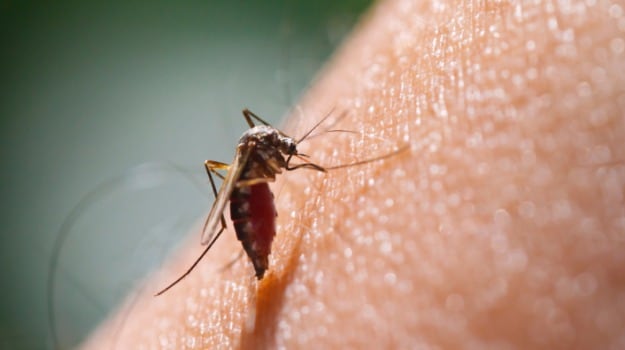Malaria infects 200 million people a year fatally, 600,000 of whom are primarily children under five. It has long been known that people with blood type O are protected against severe malaria, while those with other types, such as A, often fall into a coma and die. In Nigeria, for instance, more than half of the population belongs to blood group O, which protects against malaria.
A team of Scandinavian scientists has decoded the mechanism behind the protection that O blood type provides against malaria.
Malaria is caused by different kinds of parasites from the plasmodium family, and effectively all cases of severe or fatal malaria come from the species known as Plasmodium falciparum. The team from Karolinska Institute in Sweden identified a new and important piece of the puzzle by describing the key part played by the RIFIN protein.
Using data from different kinds of experiment on cell cultures and animals, they show how the Plasmodium falciparum parasite secretes RIFIN, and how the protein makes its way to the surface of the blood cell, where it acts like glue.
The team also demonstrates how it bonds strongly with the surface of type A blood cells, but only weakly to type O. It suggests that the selective pressure imposed by malaria may contribute to the variable global distribution of ABO blood groups in the human population.
According to principal investigator Mats Wahlgren, professor at Karolinska Institutet's department of microbiology, tumour and cell biology, the finding is "conceptually simple". However, since RIFIN is found in many different variants, it has taken the research team a lot of time to isolate exactly which variant is responsible for this mechanism.
"We can now explain the mechanism behind the protection that blood group O provides against severe malaria, which can, in turn, explain why the blood type is so common in the areas where malaria is common," Wahlgren added.
The study was published in the journal Nature Medicine.









